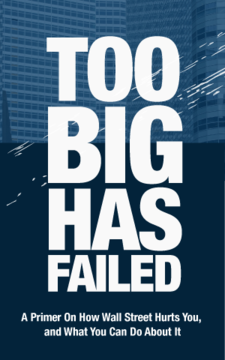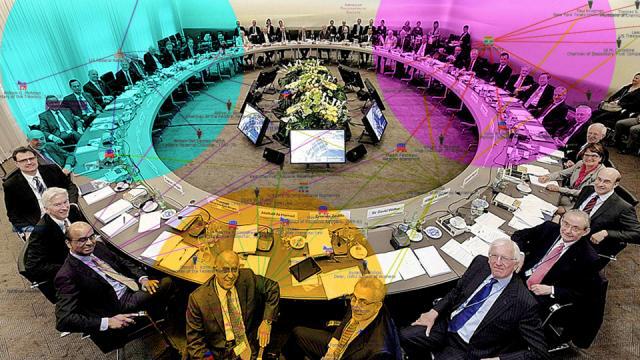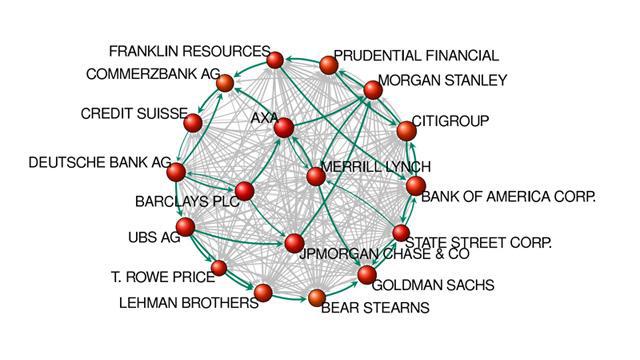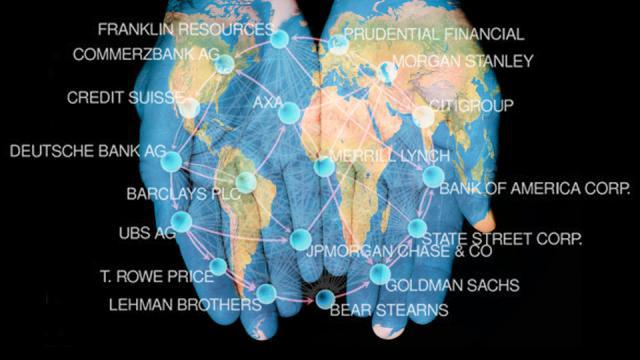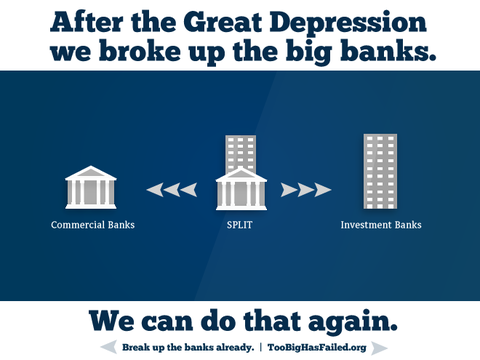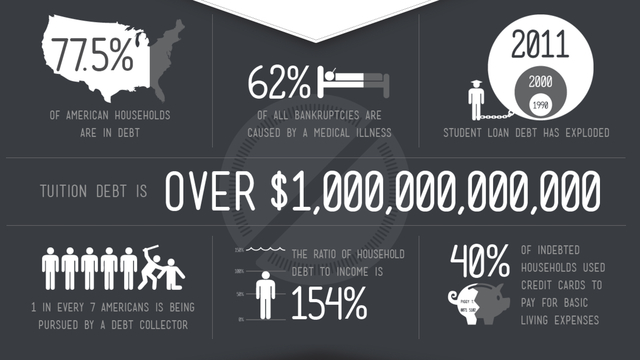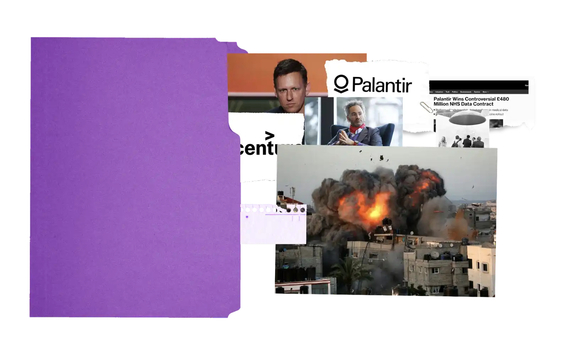Search results for 'finance'
Global Power Project
Too Big Has Failed
Book Launch Critical Strategies in Art and Media
Following the September 2009 roundtable conference organised by the World Information Institute in New York, the follow-up publication will be presented on Thursday April 15 at the New School University. The book launch hosted by Ted Byfield,
with remarks by Marco Deseriis (NYU), Steve Kurtz (Critical Art
Ensemble), Andy Bichlbaum (The Yes Men), Ken Wark (NSU), and Trebor
Scholz (NSU)
Wollman Hall, New School University, 65
West 11th St, 5th Floor, New York, NY.
6:30 - 8:15 pm
Rolling Jubilee
A bailout of the people by the people
Rolling Jubilee is a Strike Debt project that buys debt for pennies on the dollar, but instead of collecting it, abolishes it. Together we can liberate debtors at random through a campaign of mutual support, good will, and collective refusal. Our latest project The Debt Collective aims to build collective power to challenge the way we finance and access basic necessities such as housing, medical care and education. Join us as we imagine and create a new world based on the common good, not Wall Street profits.
ReadThe Accenture Files
Wikileaks: The Syria Files
Today, Thursday 5 July 2012, WikiLeaks began publishing the Syria Files -
more than two million emails from Syrian political figures, ministries
and associated companies, dating from August 2006 to March 2012.
Life or Debt
1st ArtLeaks Working Assembly 2012
ArtLeaks invites you to a public working assembly around the issues that are at the core of the group's mission - exposing instances of abuse, corruption and exploitation in the art world. This is the official public launch of our platform, which began to operate in September 2011, and will be followed by a series of debates and workshops in the near future. These present a unique opportunity to engage more directly with conditions of cultural work that affect not only artists but creative workers in general: those from the traditionally creative fields as well as those generally involved in cultural production.
ReadOccupy and UK Uncut: the evolution of activism
Occupy Sandy gained the attention denied to Occupy Our Homes because it replaced militant Occupy! with "do-it-yourself" Occupy. Feel-good mutual aid displaced attention from the underlying contradiction between public housing and private utilities onto the quick fix of digital media. Occupy Our Homes, on the other hand, confronts the system with its failures ? predatory lending, homelessness, and empty bank-owned houses. The problems it addresses can't be solved by rolling up our sleeves and getting involved; they require political solutions.
ReadTactical Media as Virtuosic Performance
With kind permission of the author and publisher we have included the introduction of Rita Raley's book Tactical Media - 'Tactical Media as Virtuosic Performance' in the TMF resource as a pdf document. Raley's book appeared as part of the series Electronic Mediations with the University of Minnesota Press in 2009.
Electronic Markets & Activist Networks
The two very different types of digital formations examined here make legible the variable ways in which the socio-technical interaction between digital technology and social logics produce distinctive outcomes. These differences point to the possibility that networked forms of power are not inherently distributive, as is often theorized when the focus is exclusively on technical properties.
ReadLaunch: Disruption Network Institute, September 11, 2023
Disruption Network Institute:
Investigating the Kill Cloud
A new hub for investigations and empirical research on how artificial intelligence impacts new technologies of war, automated weapons, and networked warfare.
Fragmented Urban Topographies and Their Underlying Interconnections
Topographic representations of the built environment of cities tend to emphasize the distinctiveness of the various socio-economic sectors: the differences between poor and rich neighborhoods, between commercial and manufacturing districts, and so on. While valid, this type of representation of a city is partial because there are a variety of underlying connections. Further, it may even be more problematic than in the past, given some of the socio-economic, technical, and cultural dynamics of the current era. One step towards understanding what constitutes the complexity of large cities is the analysis of interconnections among urban forms and fragments that present themselves as unconnected.
ReadA New Geography of Power?
The formal political system today faces a new geography of power.
Globalization and the new technologies have contributed to the
shrinking of state authority and the explosion of a whole series of new
actors engaged in governance activities.
The current phase of the world economy is characterized by significant
discontinuities with the preceding periods and radically new
arrangements. This becomes particularly evident in the impact of
globalization on the geography of economic activity and on the
organization of political power. There is an incipient unbundling of
the exclusive authority over its territory we have long associated with
the nation-state.

